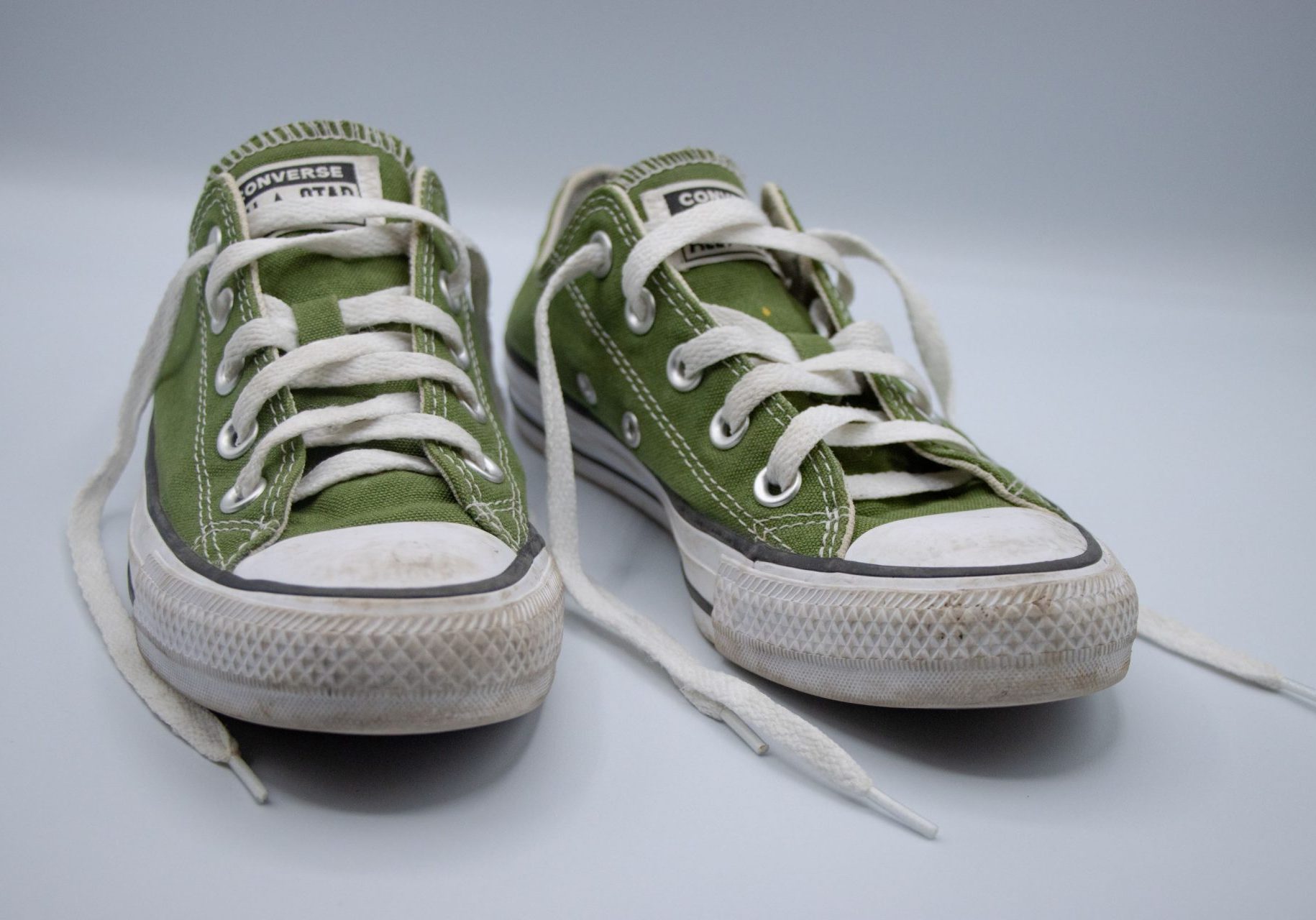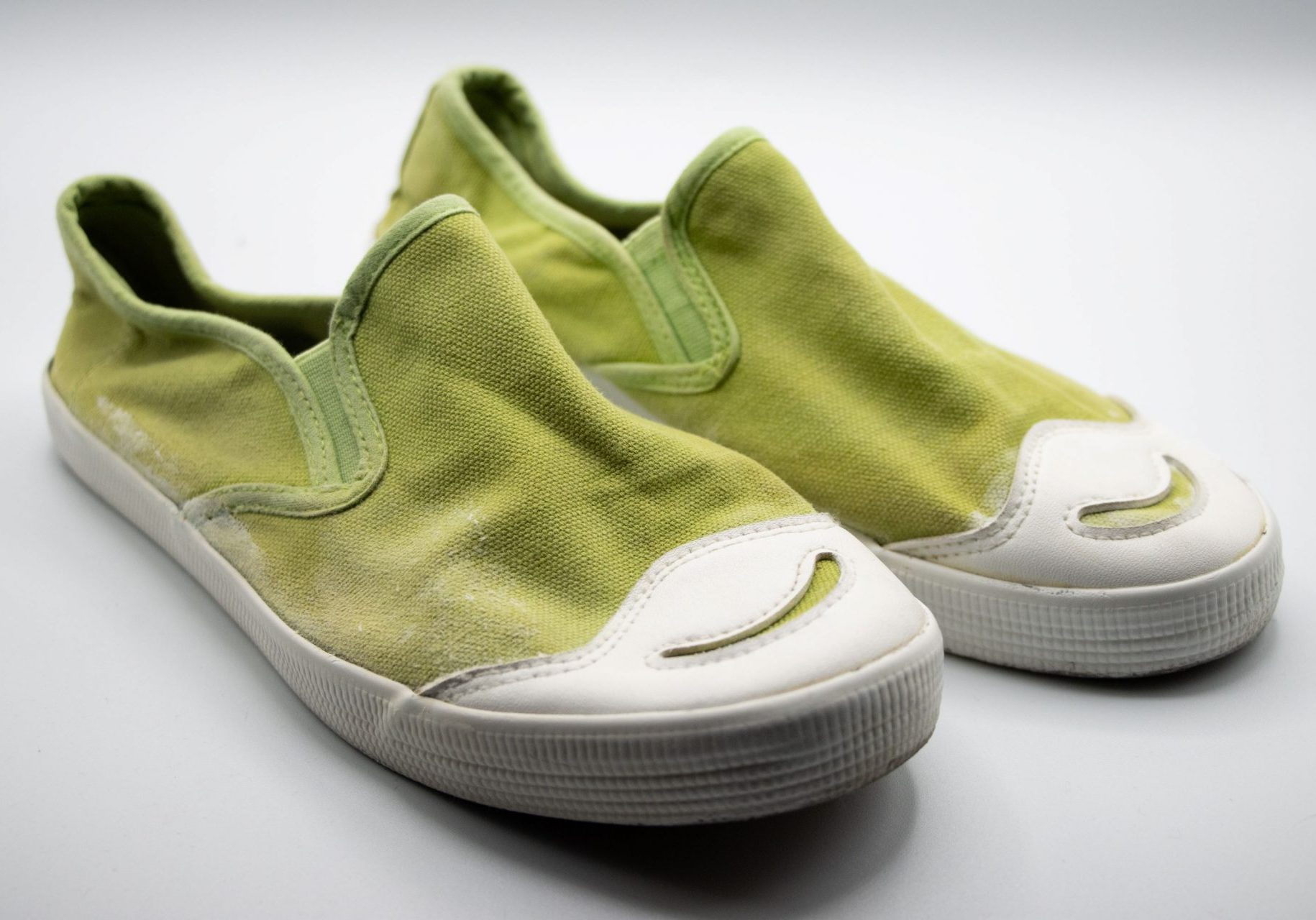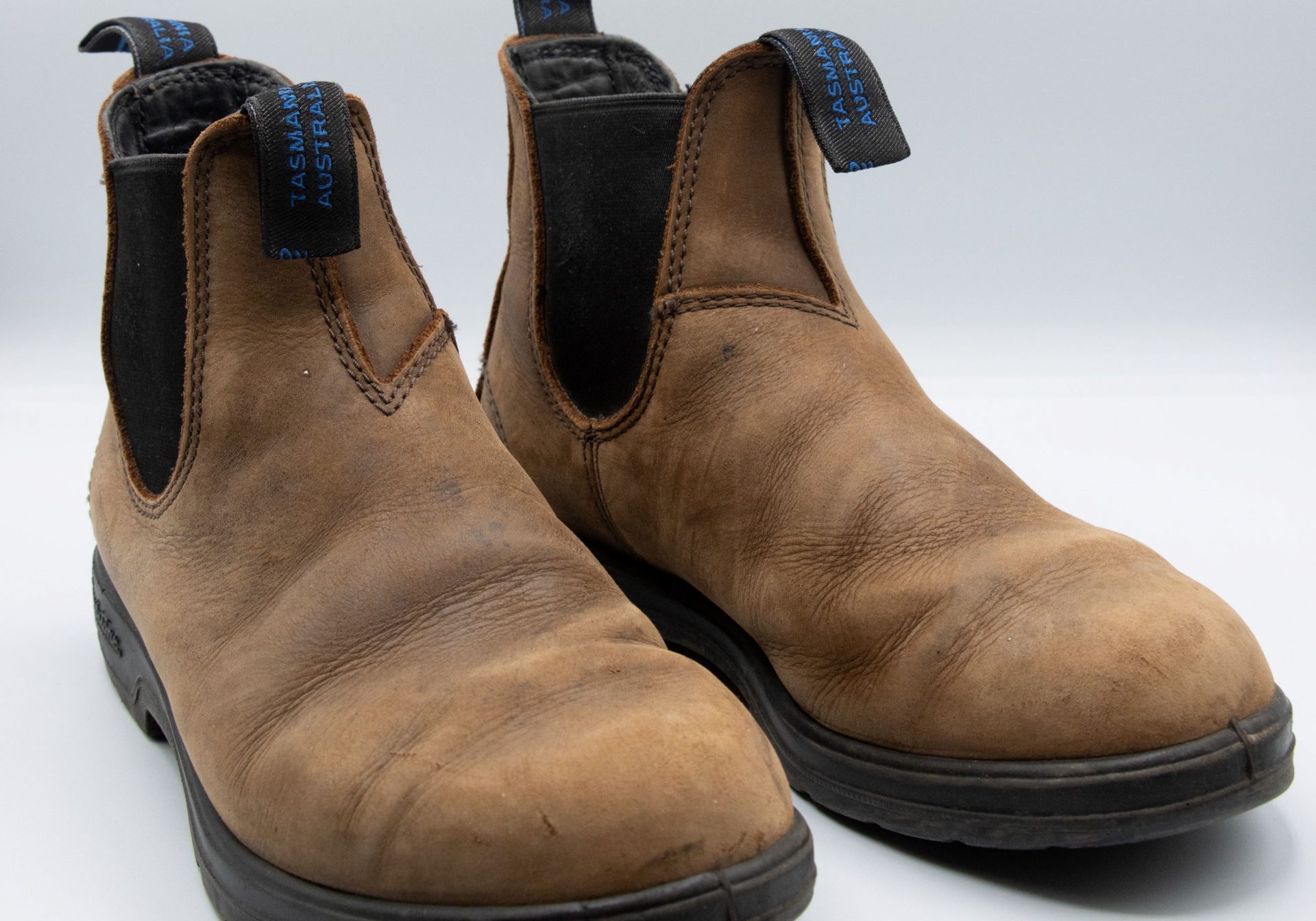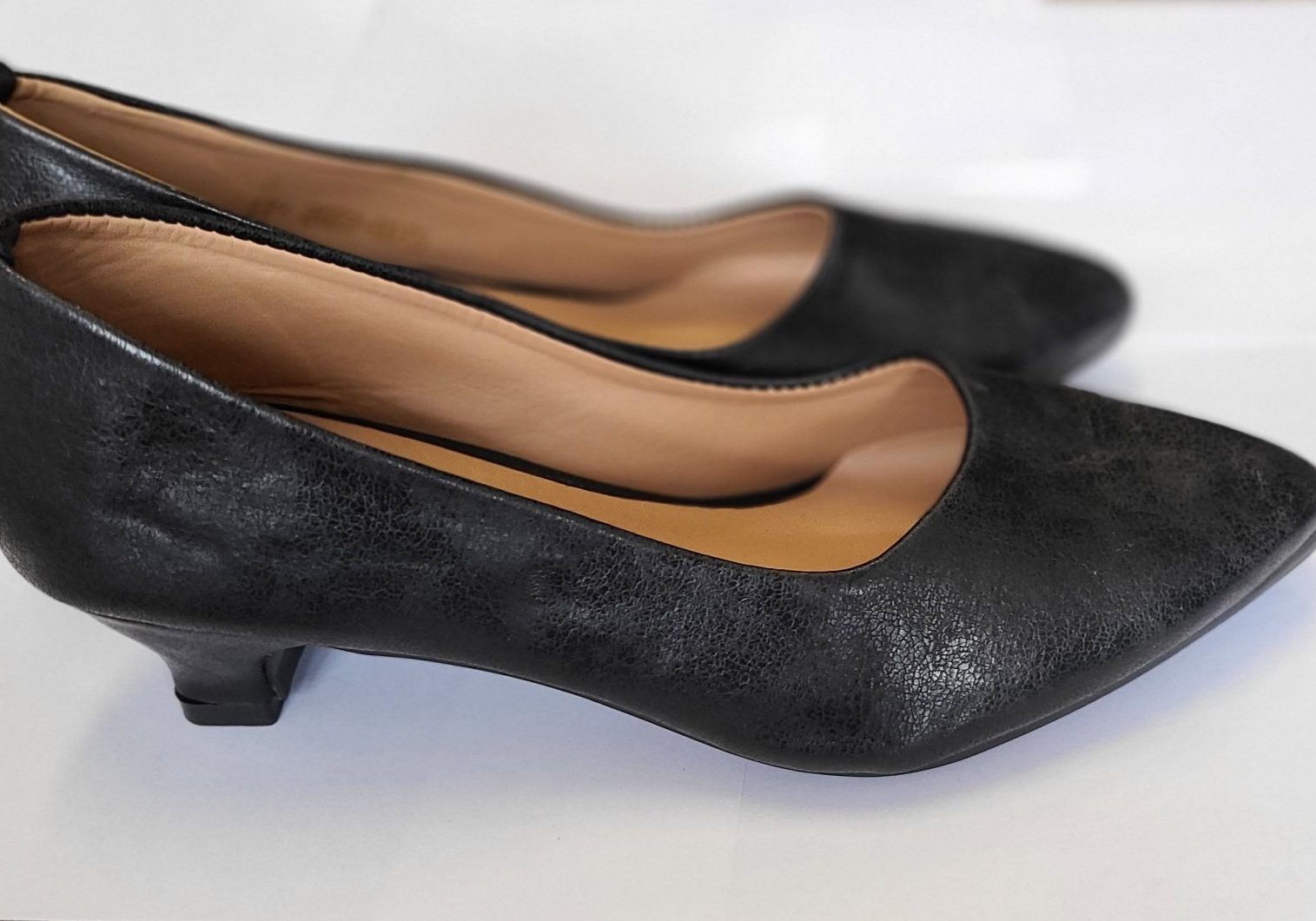Move!
Teresa Biderman
Summary:
In this story, Teresa writes about her numerous moves from one place to another, about finding the power of dance, and moving toward a greater feeling of internal settlement.
Story:
Since childhood, I’ve been a mover: twenty-two moves, twenty-two different fridges, twenty-two different stoves—twenty-two different ways of being and behaving.
It all start in socialist Poland. I was eight years old in 1980. I was an only child ready to leave for Germany as a refugee the next day. I sat there with my playground gang on the swings talking about having to leave Poland the next day. They quizzed me on my German ability, asked me where we were planning to go—attune to the Star Wars bar scene before the adventure, at the precipice of all the unknowns. My defensive weapon for Germany was: “Ich spreche keinen Deutsch”—or “I don’t speak German.”
At that point, I had already moved three times, but extended family was around, so it was easier. We’d move from one place to another but then congregate with relatives. I playing with cousins. They’d pivot you back to the reality you were part of before the move. But my parents felt they needed to move farther away from our family and the tensions of the country. Socialist Poland back then was bleak. Lining up with stamps for weekly basic groceries. Due to the lack of imports, I didn’t taste my first banana until I was seven years old. Given the censorship laws, artists had to be pro-Soviet or they’d be shipped off to Gulag work camps where they would face sure death. People would be subject to 48-hour, no-fault imprisonment. No congregations outside of the church.
We packed the car just full enough to pretend to convince the German border guards that we were going for a vacation. Instead through the help of a family friend, we were headed for a refugee building in Berlin. As we drove off, I looked back and saw my grandma, our matriarch, falling to the street. She was sobbing from the breakup of her family. I remember this grandma telling me that first the Nazis came, then the Russians with their guns and their terrors, and then families move. War reverberates many generations of change.
We moved to Berlin, then Bonn, the German capital at the time. Then we got to the south of the country: the beautiful Black Forest, a nature sanctuary overlooking the Swiss Alps. We lost family, but we gained nature. That forest became my backyard. I found order in the lush and generous forest. When a bird died, I’d carry it to a good resting spot and bury it.
Then, in 1989, the Berlin Wall fell. The German immigration police imposed swift departures for Poles. They were no longer considered refugees and no longer qualified for asylum.
My father applied to move to France, the U.S. and Canada. On August 19, 1991 five days after my eleventh birthday, we arrived in the hot concrete jungle of Ottawa. Another country, another move without the reconnection of family.
It was more than three years since the big move from Poland. I had deliberations with my now German crew. I was confident we would be fine because by that time I had made the transnational change, I figured another change would yield other joys. I spoke Polish and German and was put into a French immersion school—where it was one day English, one day French. My ‘I don’t understand English’ did not work well in French class. By this time, I felt as if I was losing my voice as my Polish and German were fading. I also didn’t know English and French well enough yet: the complexity of four languages in my brain.
We moved two more times in Ottawa, and then three more times in Mississauga.
By the time I was sixteen, Mom had mostly vanished into night shift work. This is a different time zone. Dad was a truck driver. I sat in front of the TV watching Hollywood shows during dinner and after dinner.
But I do remember reading Jordan Peterson’s statement that when there is so much uncertainty, we must focus on the true things in our lives. I chose to focus on the most basic of truths: movement: biking, walking the dog, cold showers, and dancing. Amateur dancing! I only started taking lessons in Canada as an adult.
Movement always grounded and calmed me. This is what I managed to do from the fractals of my twenty-two different ways of existing. I continued to move. Through the most lonesome times, I danced by myself, in my own room. I continue to move to this day. I continue to dance in my dance shoes instead of leaving yet another reality out of habit. I subdue the need for movement to the dance floor.
I grasp for the next note and the next breath, sometimes not understanding who I am with my myriad of past movements but knowing the truth that “dancer” is a comforting and proud label that I can stay with. Perhaps I don’t always speak politely or kindly. My generation…made me a needy lover, a tired soul and a body full of scars. Chronic fatigue competes with my movements.
At forty-two, my womb is tired and at times in pain while moving. I’m tired of missing my family and homeland. I mourn the traumas of Poland and its people. I’m grateful to Canada for my current home, and I honour my parents for bringing us out of a war-torn region. I also hope I had enough good love to give to my twenty-year-old son so he could flourish in the future.
My story is of a white middle-aged privileged woman. The original slave was a Slav. I’m a Canadian Polish Slav. A friend of mine tells me to open up my heart chakra. I feel numb at the thought.
Teresa Biderman moved twenty-two times! She was born in 1980 into a Poland with deep World War II wounds, followed by a socialist invasion. As a refugee in 1988, she left Poland to go to Germany. In 1989, the Berlin Wall fell. She left for Canada in 1991, settling first in Ottawa and then Mississauga, and finally, Toronto. Since 2005, she has been working in administration at the University of Toronto where she completed a BA and MA in European, Russian and Eurasian Studies. Her son, Patrick, is pursuing an engineering degree at the same institution.








